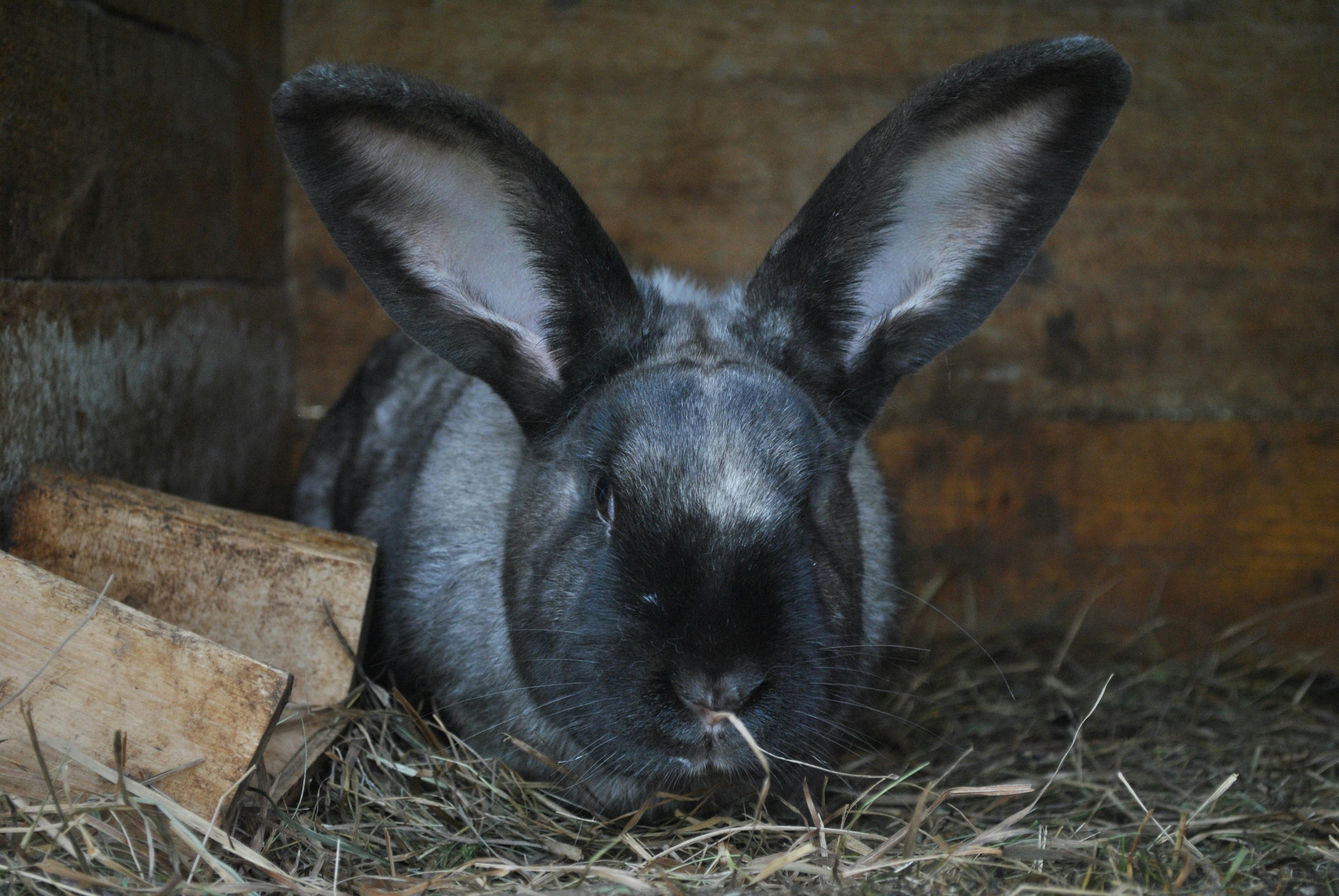Essential Guide to Hamster Life Expectancy: Discover Important Insights for 2025

Understanding hamster life expectancy is crucial for hamster owners who want to provide the best care for their furry friends. Knowing how long hamsters typically live, the factors that can influence their lifespan, and how to promote their health can significantly affect their quality of life. In this guide, we will explore various aspects of hamster longevity, including the average lifespan of different breeds, best practices for hamster care, and signs of aging in hamsters.
Understanding Hamster Lifespan
The average lifespan of hamsters varies significantly among breeds, with some living several years longer than others. Typically, hamsters live between 2 to 3 years, but Syrian hamsters (usually the longest-lived) can sometimes exceed this range. Recognizing the lifespan of different hamster breeds is essential for setting expectations—dwarf hamsters often have shorter life expectancies compared to larger breeds.
Average Lifespan of Hamsters
On average, hamsters can live anywhere between 1.5 to 3.5 years, depending on various factors such as genetics, environmental conditions, and care practices. For instance, Syrian hamsters generally have a lifespan of 2 to 3 years, while Campbell's dwarf hamsters tend to live around 1.5 to 2 years. Roborovski hamsters, being tiny and active, often have similar lifespans ranging from 2 to 3 years. Understanding these averages allows owners to prepare and provide proper care strategies throughout their pets' lives.
Factors Affecting Hamster Lifespan
When considering factors affecting hamster lifespan, several elements come into play, including genetics, diet, and habitat. Genetics, the primary indicator, affect a hamster's resilience to illness and overall vitality—some lines of hamsters may be predisposed to specific health issues. Additionally, diet plays a crucial role; a well-balanced diet, rich in appropriate nutrients, aids in preventing common illnesses. Providing the right habitat, with adequate space and clean conditions, is vital for physical and psychological health, ultimately extending lifespan.
Lifespan Variation in Captivity vs. Wild
The lifespan variation in captivity vs. wild is profound. In the wild, hamsters face numerous dangers such as predators, competition for resources, and environmental hazards that greatly shorten their life expectancy, often to just a few months to 1 year. However, in captivity, with consistent food supply, protection, and veterinary care, many hamster breeds thrive significantly longer, highlighting the importance of providing a suitable home.
Hamster Care for Longevity
Implementing best practices for hamster care is fundamental in ensuring a longer, healthier life for your pet. Proper care not only enhances their daily well-being but can also drastically impact their longevity. Understanding healthcare, diet, and habitat requirements facilitates a healthy environment conducive to a longer lifespan.
Proper Diet for Hamsters
A proper diet for hamsters is essential for their growth and longevity. A balanced diet typically consists of a high-quality commercial hamster food that combines seeds, grains, and pellets. Supplementing their diet with fresh fruits and vegetables can also be beneficial; however, offerings must be appropriate and limited to avoid gastrointestinal stress. Additionally, ensuring your hamster has constant access to clean water is imperative for hydration and overall health.
Health Issues in Aging Hamsters
As hamsters age, they are more susceptible to certain health issues in aging hamsters. Common problems include obesity, dental issues, and tumors. Regular assessments of your hamster's weight and dental health, combined with prompt veterinary attention at signs of illness, can help mitigate serious health risks. Understanding signs of discomfort in hamsters can empower owners to notice any signs of distress or sickness early, ensuring timely interventions.
Regular Vet Check-ups
The importance of regular vet check-ups cannot be understated. Routine visits can help in early detection of any underlying health conditions and maintain overall health. Vets can provide guidance on dietary adjustments as hamsters age, vaccinations if needed, and assess behavioral changes that may indicate health issues, allowing owners to take proactive steps in their pet’s health management.
Addressing Signs of Aging in Hamsters
Recognizing and adapting to the signs of aging in hamsters is crucial for maintaining their quality of life. Aging may not only affect a hamster physically but also psychologically. Adjusting care can help accommodate these changes and ensure comfort during this life stage.
Behavioral Changes in Elderly Hamsters
As hamsters age, they often exhibit behavioral changes in elderly hamsters. Some may become less active, show altered sleeping patterns, or even experience increased irritability. Recognizing these shifts can help you adjust their environment—adding cozy bedding, reducing stressors like excessive noise, or ensuring they have safe spots to retreat to can greatly enhance their comfort and quality of life.
Lifestyle Changes for Older Hamsters
Implementing lifestyle changes for older hamsters is essential to keep them engaged and healthy. This might involve altering their exercise routines to accommodate reduced activity levels, incorporating gentle interactive playtime, or providing enrichment that stimulates cognitive function without overexerting them. Addressing their wellbeing holistically can contribute to extending their lifespan.
Healthcare for Senior Hamsters
During the later stages of a hamster's life, focusing on healthcare for senior hamsters becomes even more critical. This includes maintaining a suitable weight, monitoring dental health closely, and considering nutritional supplements to cater to their changing dietary needs. Regular monitoring and consulting with a veterinarian can ensure your aging hamster benefits from tailored care that promotes health and longevity.
Common Myths about Hamsters
When it comes to common myths about hamsters, many misconceptions can lead to poor care choices. Believing that hamsters require less attention than other pets or that they thrive in limited space can adversely affect their lifespan.
Debunking Hamster Care Myths
Many first-time owners fall prey to myths that downplay the complexities of caring for hamsters. For example, some assume that all hamsters are solitary and do not require companionship. While some breeds may prefer solitude, others thrive when socialized early. Debunking such myths enhances understanding, allowing for responsible ownership.
The Role of Genetics on Lifespan
Another myth involves the notion that all hamsters of a particular breed have identical lifespans. In reality, genetic factors considerably influence the effects of genetics on hamster lifespan. Understanding these nuances can prepare owners for the specific needs and health risks associated with each breed.
Understanding Behavioral Differences
Misinterpretations regarding common hamster behaviors can also lead people to overlook signs of health problems or wellbeing distress. For instance, when hamsters hoard food, it may often be a survival instinct rather than a behavioral concern, so understanding their needs promotes a better owner-pet relationship.
Key Takeaways
- Hamster lifespans range from 1.5 to 3.5 years, depending on breed and care factors.
- Proper diet, regular vet visits, and appropriate habits are crucial aspects of maintaining hamster health.
- Recognizing signs of aging allows owners to adjust care for their elderly hamsters.
- Debunking common myths improves the understanding and management of hamster health.
- Healthcare for senior hamsters must be more targeted to enhance their quality of life.
FAQ
1. How long do hamsters typically live?
The typical lifespan of most hamsters ranges from 1.5 to 3.5 years, depending primarily on the breed and the care they receive. Certain breeds, such as Syrian hamsters, tend to live longer, up to around 3 years, whereas dwarf hamsters might have shorter life spans.
2. What are the common heath issues in aging hamsters?
Aging hamsters may face issues such as dental problems, obesity, tumors, and behavioral changes. Regular vet visits can assist in managing these conditions and ensuring a better quality of life.
3. How can I ensure my hamster has a healthy diet?
Providing a well-balanced diet consists of quality hamster food combined with fresh fruits and vegetables in moderation. It's crucial to avoid sugary or fatty food items to maintain a healthy weight.
4. Are there specific symptoms that indicate my hamster might be ill?
Signs of illness can include changes in appetite, unusual behavior, lethargy, difficulty moving, and excessive grooming or scratching. If you notice these symptoms, consult a veterinarian for appropriate care.
5. How can I enrich my hamster's environment?
Enriching your hamster's environment can involve incorporating tunnels, chew toys, and exercise wheels. Providing hiding spots and various surface textures can also encourage natural behaviors and mental stimulation.
